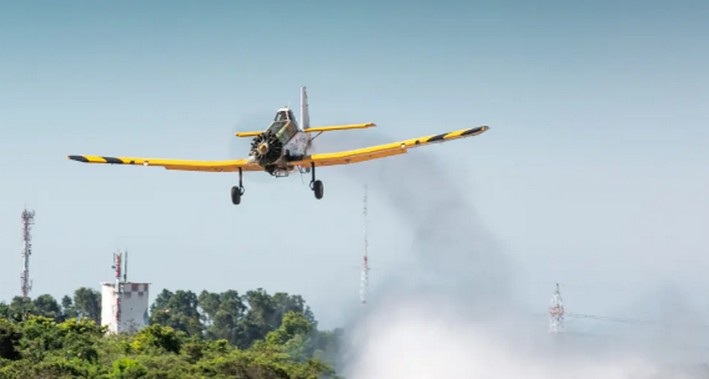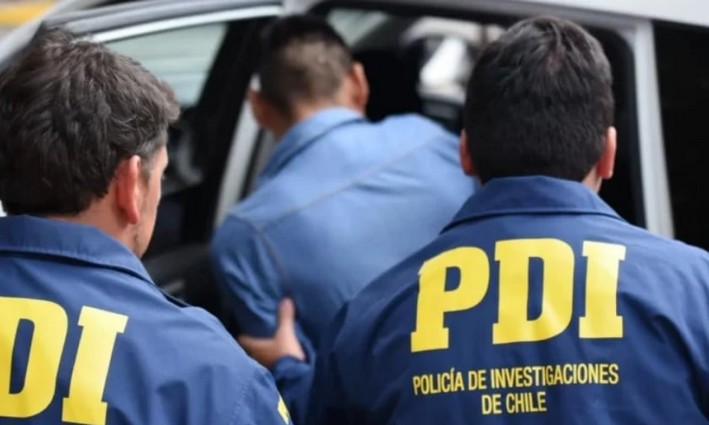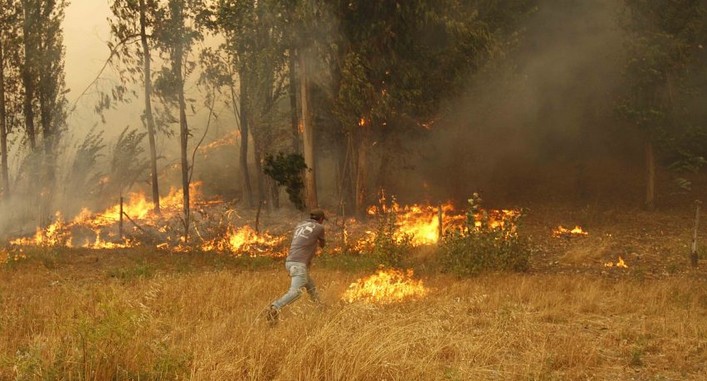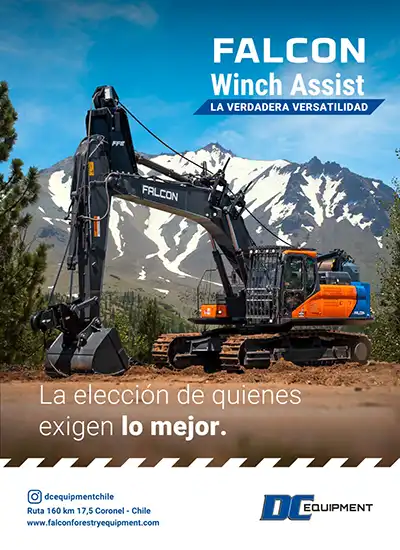Regional Director of Conaf on Wildfire Season: "Special Attention on Los Ángeles, Mulchén, and Yumbel"
The Biobío region is identified as the area with the highest vulnerability in the country to wildfires. According to a technical study by Equifax, 10% of its total area—237,622 hectares—has burned at least once in the last decade, and it also concentrates the largest area with a "very high" threat level in Chile: 156,270 hectares.
During the 2024-2025 season, although the region experienced a 22% decrease in the occurrence of wildfires, the Biobío province saw a 30% increase in the affected area. The municipalities of Los Ángeles, Mulchén, and Yumbel were the focal points of greatest concern.
Climate projections for the upcoming season anticipate high temperatures and dry easterly winds—or puelche—phenomena that significantly hinder fire control efforts, as observed by the corporation during complex events between Santa Bárbara and Alto Biobío.
What is your assessment of the past season, and what are the concerns for the next one?
—The 2024-2025 season was good for the region. We reduced the number of wildfires and the affected area, despite having faced adverse weather conditions. However, we are concerned about the upcoming season due to what has been observed in the Northern Hemisphere, in Spain, France, Turkey, and Canada. In fact, Conaf sent nearly 60 firefighters to the latter country to assist, where they witnessed wildfires with high wind speeds and very high temperatures, indicating that meteorological projections for our region could be complex.
How has the prevention strategy been reinforced?
—During this autumn-winter period, we have reinforced the preventive message by visiting communities and educational institutions. We work with the "Prepared Communities" program, through which we organize neighbors to identify risks on their properties. We have found that many people have moved from urban areas without rural experience and do not perceive the risks in their surroundings. We are also strengthening municipal efforts, as they are the state institution closest to the territories.
What specific actions are planned to improve the pursuit of intentionality?
—We have met with the Investigative Police (PDI) and the Public Prosecutor's Office to enhance the investigative area and the collection of necessary evidence to secure convictions against those who intentionally start fires. More than 50% of wildfires are intentional, reaching 60% in some areas. We have the technical capacity for cause investigation, but our role is to collaborate with them, as neither Conaf nor private companies are legally authorized to conduct direct investigations.
The Biobío province had a high occurrence of wildfires last season. Are there specific measures?
—We are paying special attention to Los Ángeles, Mulchén, and Yumbel, in the sectors with the highest occurrence. Although a prevention campaign does not affect those who act intentionally, we are working intensively on negligence-caused fires, which also represent a high percentage: people working with tools that generate sparks, having barbecues, or improperly disposing of embers.
How do you evaluate coordination with the private sector and its initiatives?
—We work very closely with the private sector, especially with forestry companies. In the Biobío province, controlled burns can be carried out in 13 of the 14 municipalities, with only Los Ángeles having restrictions due to the Environmental Decontamination Plan. The Chilean Wood Corporation (Corma) has raised the need to use controlled fire to reduce organic material, which facilitates control in case of wildfires. We must balance this with protecting people's health, considering the impact of smoke on rural communities.
Is the availability of aircraft ensured for the next season?
—At the regional level, we are working to have the same number of aircraft as last year. We have not received any information indicating a shortage due to the situation in the Northern Hemisphere. The problem arises when additional equipment is required for large-scale fires during peak demand, but so far, we have not faced complications.
Source:La Tribuna












